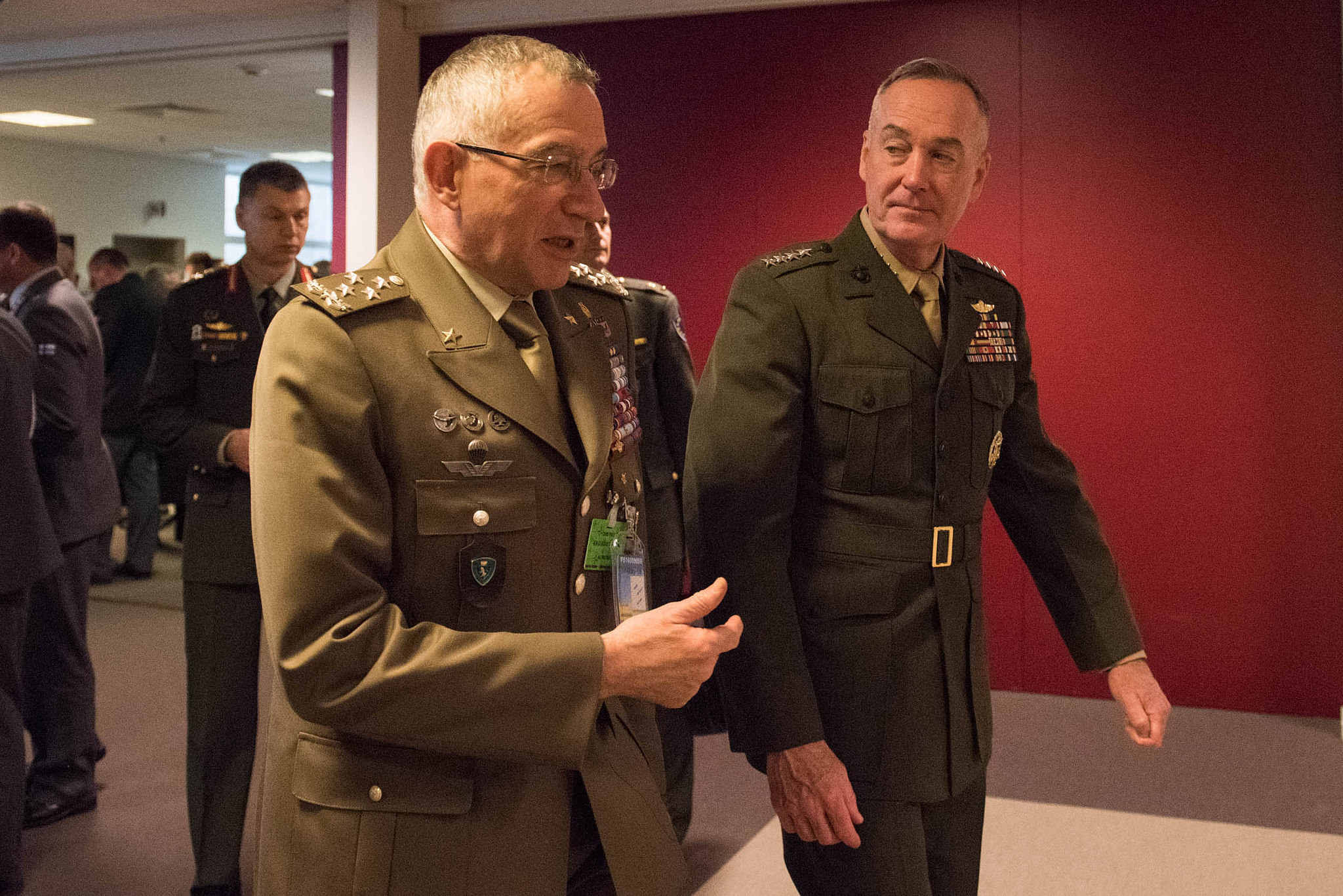Loser To Fight In LCS Deal?
Analysts say high-stakes competition pitting Austal against Lockheed Martin could end with protest similar to tanker contest
By the Navy’s calendar, a winner-take-all order for up to 10 new littoral combat ships is supposed to be awarded this summer, with Mobile-based Austal USA’s future prospects heavily staked to the outcome. But that award may not be the end of the story, according to outside analysts.
In interviews last week, several said they expect the losing bidder to formally contest the Navy’s decision. At a minimum, that move could add months of uncertainty.
“It’s just too important a program for both sides,” said Jay Korman, a principal at The Avascent Group, a Washington, D.C., consulting firm.
The LCS competition pits Austal against a team led by Lockheed Martin Corp., the defense contractor headquartered just outside the nation’s capital. The contract, possibly worth billions of dollars, would give the winner two ship orders this fiscal year, with as many as eight more to follow by 2014.
Over the long-term, the Navy wants to add 55 of the shallow-water warships to the fleet for submarine-hunting and other missions.
Bids are due April 12, with a decision to follow in June or July, according to Sean Stackley, the Navy’s top weapons buyer.
Representatives of both Austal and Lockheed declined to say what they would do in the event of defeat.
Either, however, could lodge a formal protest with the Government Accountability Office, the federal agency charged with handling contract appeals. The GAO gives itself just over three months to decide a protest, although a request to reconsider its initial ruling can add more time.
That route has become more common as the number of big-ticket defense contracts dwindles. In what is a bitter memory for many Mobilians, Northrop Grumman Corp. two years ago won a lucrative contract to build aerial refueling tankers, only to lose it after Boeing Co. successfully protested the Air Force’s decision.
Had Northrop prevailed, its side planned to assemble the planes at Brookley Field Industrial Complex, creating up to 1,500 jobs.
The stakes are similarly high in the LCS contest, given that Austal already ranks among Southwest Alabama’s largest employers with a workforce of roughly 1,100. Even before either bidder in the LCS contest turns in its respective proposals, allies on Capitol Hill are taking up the fight.
At a hearing this month, Navy Secretary Ray Mabus first found himself pressed by Sen. Richard Shelby, R-Tuscaloosa, over whether the Navy bid package did enough to take fuel efficiency — an area where Austal believes its aluminum model has a clear advantage — and other long-term operating costs into account.
A few minutes later, Sen. Herb Kohl, a Democrat who represents the Wisconsin shipyard where the Lockheed version is so far being built, countered by suggesting that aluminum would be more expensive to maintain.
Mabus insisted that both versions satisfy the Navy’s requirements.
A few days earlier, however, Shelby, Sen. Jeff Sessions, R-Mobile, and Rep. Jo Bonner, R-Mobile, asked the Congressional Budget Office to look into fuel costs for each model, as well as the effect that changes in energy prices have on overall operating costs.
As of Friday, the budget office had not replied, Sessions spokesman Stephen Boyd said in an e-mail, adding that he understood the agency — which was heavily involved in gauging the cost of health care legislation — was backlogged.
By Sean Reilly, Washington Bureau

